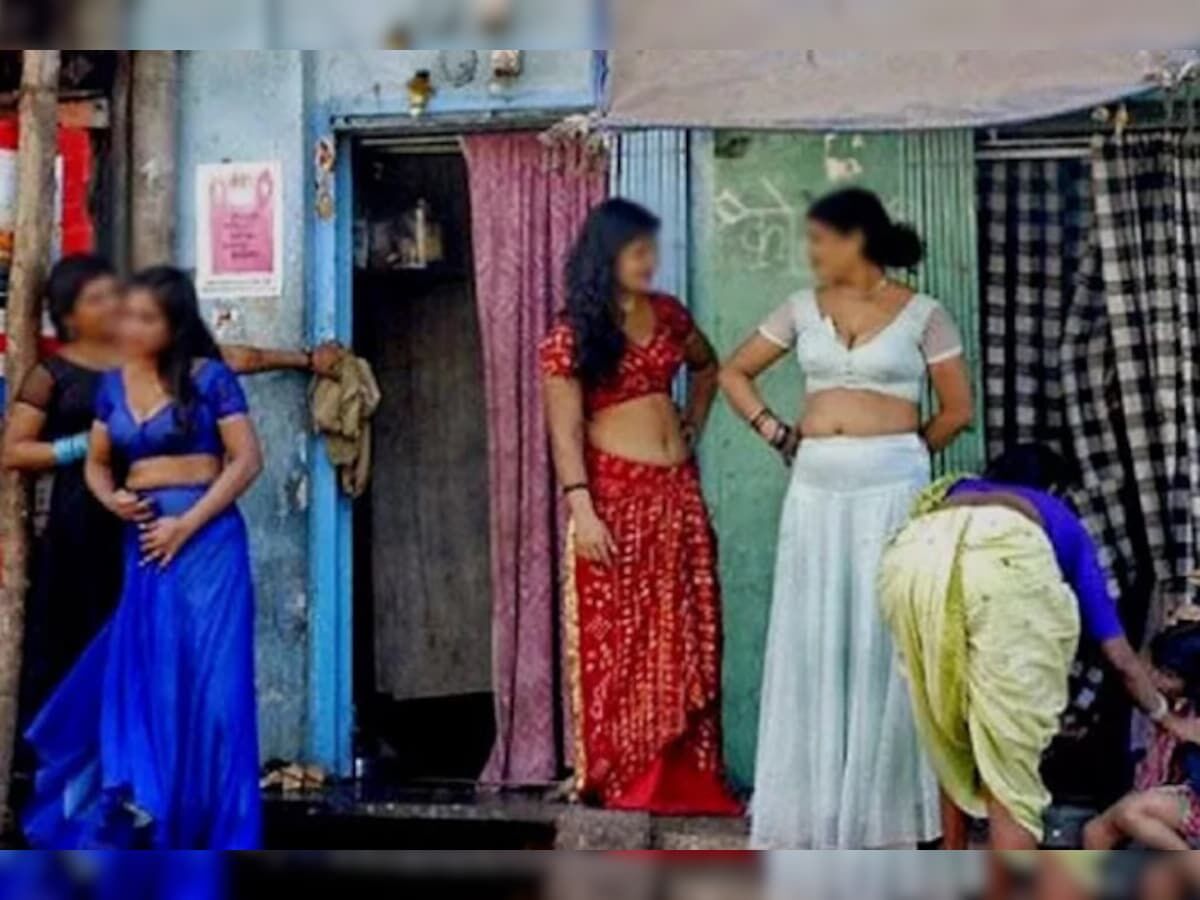Also a 'profession'
The landmark order by the Supreme Court is a welcome move to safeguard the rights of sex workers in India

Whether it's 'Mandi' from 1983 or 'Gangubai Kathiawadi' from 2022, both films are indelible in their depiction of the lives of sex workers. Squalid existence, brutality, and abuse — are many facets of the sex worker's life adeptly portrayed by our films. A bitter truth that has long been in existence whether in Mumbai's Kamathipura or Kolkata's Sonagachi. Every story of a sex worker is heart-breaking — what pushed them into this cesspool of exploitation, how they make ends meet, and the daily encroachment of rights. What had made the situation worse for prostitutes in India is the lack of protection by law. Last month, the apex court of India passed an order of significance that will hopefully correct some wrongs and change the status of the oldest profession in the world. The Supreme Court has recognised prostitution as a 'profession' and directed that the police can neither interfere nor take criminal action against consenting adult prostitutes.
A three-judge bench headed by Justice L Nageswara Rao said, "Sex workers are entitled to equal protection of the law. Criminal law must apply equally in all cases, based on 'age' and 'consent'. When it is clear that the sex worker is an adult and is participating with consent, the police must refrain from interfering or taking any criminal action." This is a landmark order affecting the lives of hundreds of sex workers operating in the country. According to UNAIDS, there are over 6.5 lakh prostitutes in India while reports suggest that unofficial numbers could be as high as 20 million. These numbers keep swelling as more and more trafficked young girls and women find themselves making their way into the profession with lack of an out or rehabilitation. News reports also suggest that thousands of children are kidnapped every year in India and are sold to brothels and pushed into the sex trade, which further add to the numbers. As if their plight is not moving enough, thousands of these trapped human beings (and others who are willingly selling their flesh to make a livelihood) are routinely harassed by the police and law enforcers.
The Supreme Court further noted, "It has been noticed that the attitude of the police to sex workers is often brutal and violent. It is as if they are a class whose rights are not recognised," Just because they are prostitutes, they lose all human and citizenship rights. If a prostitute is raped, there can be no case against the perpetrator. If sex workers want to file a complaint against abuse or harassment, more often than not, they would face sexual and verbal abuse from the law enforcers themselves. Now, if the Centre accepts the Supreme Court order and amends the Immoral Traffic (Prevention) Act, 1986, the sex workers will be protected by law and cops will also have to treat them like other Indian citizens and safeguard their rights. Sex workers will not be arrested, harassed or verbally/physically abused by cops, and can even hope for medical attention if sexually assaulted and legal recourse where applicable.
Just because they are prostitutes, they should not lose all sense of self and existence — a long neglected demand. And this is not how it works in other countries. Greece, Germany, New Zealand, France, and Canada have legalised prostitution. In some countries, brothels are licensed and sex workers have to adhere to strict health laws while also enjoying some social benefits themselves. In India, prostitution per se is not illegal but soliciting in public places is punishable, as are arranging a prostitute, prostituting in a hotel, or indulging in a sexual act with a customer.
A 2020 study conducted by Beulah Shekhar, Emeritus Professor of Criminology at Karunya Institute of Technology Sciences (KITS) in Coimbatore, Tamil Nadu revealed that over 90 per cent sex workers across Delhi, Mumbai, Pune, Nagpur, and Kolkata are on the verge of debt bondage and slavery. The effects of lockdowns and Covid-19 pandemic is also compelling the next generations to remain in the sex trade.
As a society, we have hypocritically ridden the moral high horse and chosen to ignore, humiliate, and often deny, the very existence of an entire community of sex workers. The lack of access to healthcare and education and the immense burden of stigma and social taboo borne by current and future generations linked to sex workers also impedes their rehabilitation and perpetuates their occupation. Shouldn't the children of sex workers aspire for a future where they can sell souls like the rest of us in so-called respectable office jobs rather than their bodies? I mean, of course, we are also selling something or the other, but it's of choice and not dictated by compulsions. If we don't change our perception and treatment of sex workers, we rob them of that opportunity to choose the trajectory of their lives. That's what makes the Supreme Court order pathbreaking and we can hope that the Central government acts on it.
The writer is an author and media entrepreneur. Views expressed are personal



